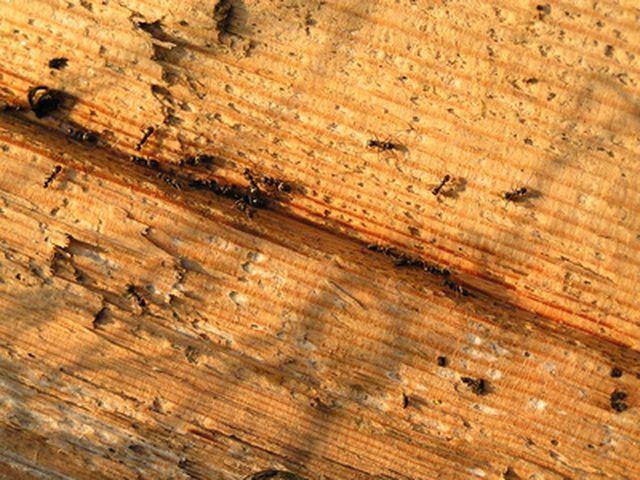Bulbs
Flower Basics
Flower Beds & Specialty Gardens
Flower Garden
Garden Furniture
Garden Gnomes
Garden Seeds
Garden Sheds
Garden Statues
Garden Tools & Supplies
Gardening Basics
Green & Organic
Groundcovers & Vines
Growing Annuals
Growing Basil
Growing Beans
Growing Berries
Growing Blueberries
Growing Cactus
Growing Corn
Growing Cotton
Growing Edibles
Growing Flowers
Growing Garlic
Growing Grapes
Growing Grass
Growing Herbs
Growing Jasmine
Growing Mint
Growing Mushrooms
Orchids
Growing Peanuts
Growing Perennials
Growing Plants
Growing Rosemary
Growing Roses
Growing Strawberries
Growing Sunflowers
Growing Thyme
Growing Tomatoes
Growing Tulips
Growing Vegetables
Herb Basics
Herb Garden
Indoor Growing
Landscaping Basics
Landscaping Patios
Landscaping Plants
Landscaping Shrubs
Landscaping Trees
Landscaping Walks & Pathways
Lawn Basics
Lawn Maintenance
Lawn Mowers
Lawn Ornaments
Lawn Planting
Lawn Tools
Outdoor Growing
Overall Landscape Planning
Pests, Weeds & Problems
Plant Basics
Rock Garden
Rose Garden
Shrubs
Soil
Specialty Gardens
Trees
Vegetable Garden
Yard Maintenance
Homemade Solutions to Get Rid of Ants
Homemade Solutions to Get Rid of Ants. Ants have plagued humans for hundreds of years. Scientists have identified more than 22,000 species of ants, and while few of them are actually harmful to humans, they are irritating. Commercial ant repellents are often made with chemicals that can be harmful to pets and children, making them dangerous to use...

Ants have plagued humans for hundreds of years. Scientists have identified more than 22,000 species of ants, and while few of them are actually harmful to humans, they are irritating. Commercial ant repellents are often made with chemicals that can be harmful to pets and children, making them dangerous to use in your home. Making your own ant repellents at home can save you money and keep your family safe and healthy.
Things You'll Need
Marker flags
12-oz. spray bottle
Vinegar
Black pepper
1 cup sugar
1 cup water
Saucepan
Wooden spoon
Corn meal
Watch ant colonies around your home to determine where the ants travel. Most species of ants will have a number of smaller ant hills connected by underground chambers that allow the ants to move without being seen. Locating the colony is necessary to eliminating your ant infestation, so mark each hill with a marker flag so you remember what areas need to be treated.
Fill a 12-oz. spray bottle with 6 oz. of vinegar and 6 oz. of water and spray this mixture around each entrance to your home. Ants do not like the smell or taste of vinegar and will avoid areas that have been treated with this vinegar mixture. Coat each doorway, window sill and any cracks in your foundation to keep ants from entering your home.
Sprinkle a layer of black pepper along the ground in front of each doorway and along the perimeter of your foundation to deter ants. Black pepper is a potent spice and ants will typically not cross a black pepper border.
Place 1 cup of sugar and 1 cup water in your saucepan, setting the pan over medium heat on your stove and stirring until the sugar dissolves and the mixture thickens slightly. Remove the syrup and allow to cool before pouring around the ant hills. Ants enjoy the sweet syrup and will gather it up and carry it back to the colony rather than invade your home looking for food.
Add a thin layer of corn meal around the entrance to each ant hill. The worker ants will carry the corn meal inside the colony, feeding it to the queen and the young ants below the surface. The corn meal will expand when the ants ingest any liquid, expanding internally and killing them.
Tips & Warnings
Marker flags can be purchased at most home improvement stores.
Make sure to reapply the vinegar and pepper as often as necessary to keep ants from entering your home. In warm weather the vinegar will rapidly evaporate, so daily applications might be required.
Never use chemical ant poisons around your home if you have children or pets. Commercial pesticides utilize harmful chemicals that can sicken your children or even kill small pets if they come in contact with it.